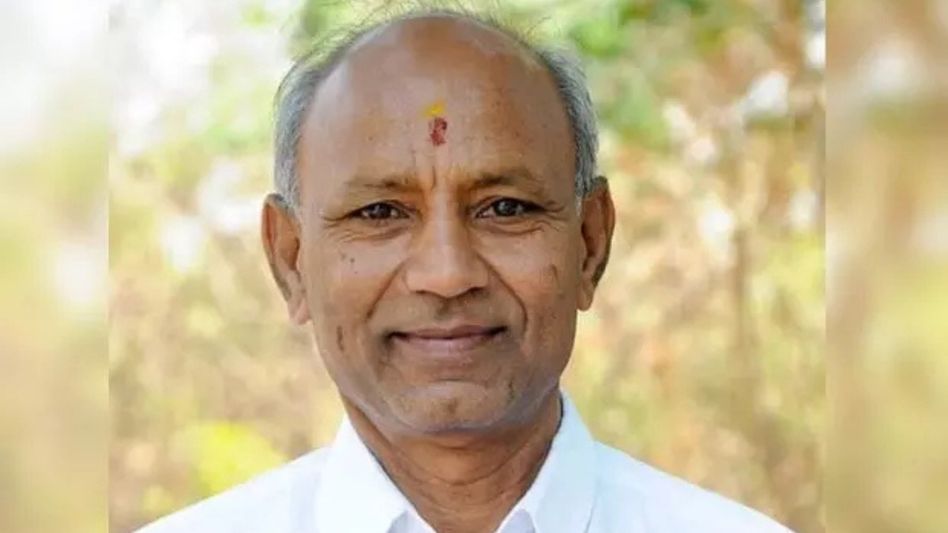Monoculture leads to ecological imbalance, warns Meghalaya governor
Meghalaya Governor Chandrashekhar H. Vijayashankar on Wednesday cautioned that monoculture practices could cause “ecological imbalances” and stressed the importance of biodiversity for ensuring both environmental and economic sustainability.

Meghalaya Governor Chandrashekhar H. Vijayashankar on Wednesday cautioned that monoculture practices could cause “ecological imbalances” and stressed the importance of biodiversity for ensuring both environmental and economic sustainability.
Speaking at the inaugural session of the 48th All India Botanical Conference and International Symposium on Biology and Biotechnology of Plant Diversity for Bioeconomy at North-Eastern Hill University (NEHU), Shillong, the governor said biodiversity should be regarded as the foundation of India’s bioresource wealth.
Highlighting Meghalaya’s potential in the bioresource sector, Vijayashankar noted that the state’s turmeric leads the nation with a curcumin content of 8.9 per cent, reflecting its promise in the bioeconomy. “We must promote sustainable agricultural practices that protect genetic diversity and support local livelihoods,” he urged scientists and policymakers.
The governor also commended NEHU’s efforts in advancing botanical research and encouraged the university to strengthen its role as a centre for scientific collaboration and innovation. Inviting delegates to explore Meghalaya’s natural and cultural richness, he said the state embodies a model for balancing ecological preservation with economic development.
Also Read: Meghalaya MP demands Centre’s intervention as Umngot river turns brown amid road project
The three-day conference, being held from October 29 to 31, marks the first time the prestigious Indian Botanical Society’s annual meet is hosted in the Northeast. The inaugural ceremony featured the lighting of the ceremonial lamp and the felicitation of distinguished guests, including leading botanists from across India.
Prof. S.K. Barik, president of the Indian Botanical Society, described the event as historic, while NEHU Pro-Vice Chancellor Prof. Umdor and Society Secretary Prof. Seshu Lavania lauded NEHU’s thriving research ecosystem and its role in botanical education.
Guest of honour Prof. Anil Tripathi, Director of IISER Mohali, announced Meghalaya’s adoption of the CSIR Aroma Mission to boost aromatic crop-based livelihoods. He also called for a unified national syllabus in plant sciences. Padma Shri awardee Prof. Sudhir Sopory highlighted UGC-led reforms in science curricula and the importance of faculty recruitment to strengthen research and education.
Over the next three days, the conference will host scientific sessions, keynote lectures, and discussions on plant diversity, biotechnology, and bioeconomy strategies, reaffirming NEHU’s emergence as a hub of botanical excellence and sustainable innovation.
Copyright©2025 Living Media India Limited. For reprint rights: Syndications Today









